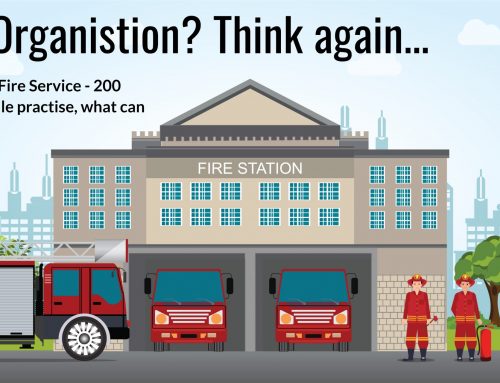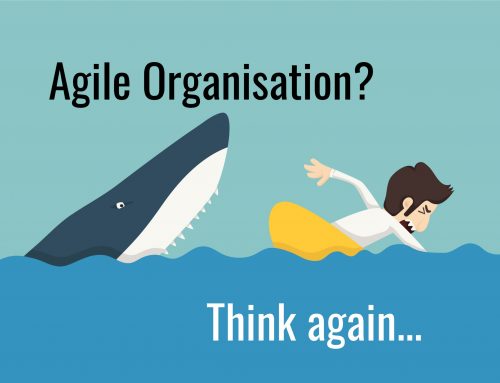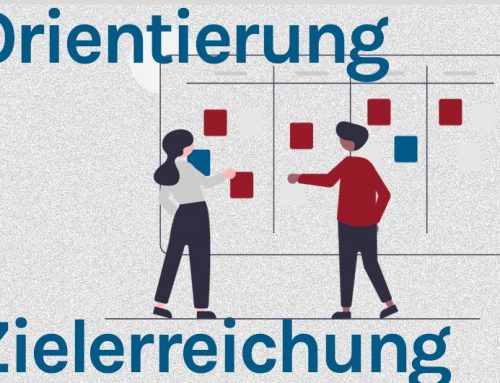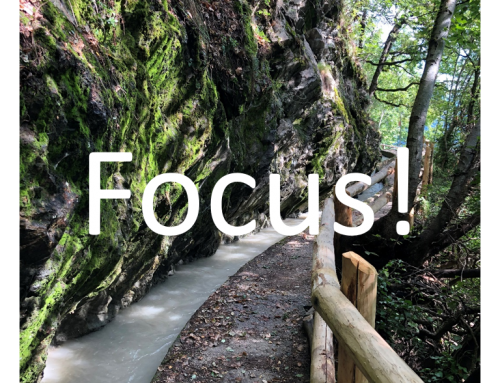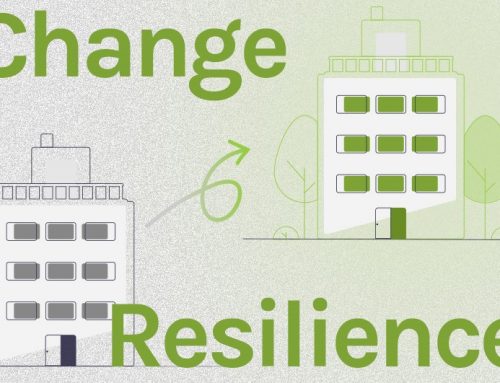2020/09/30
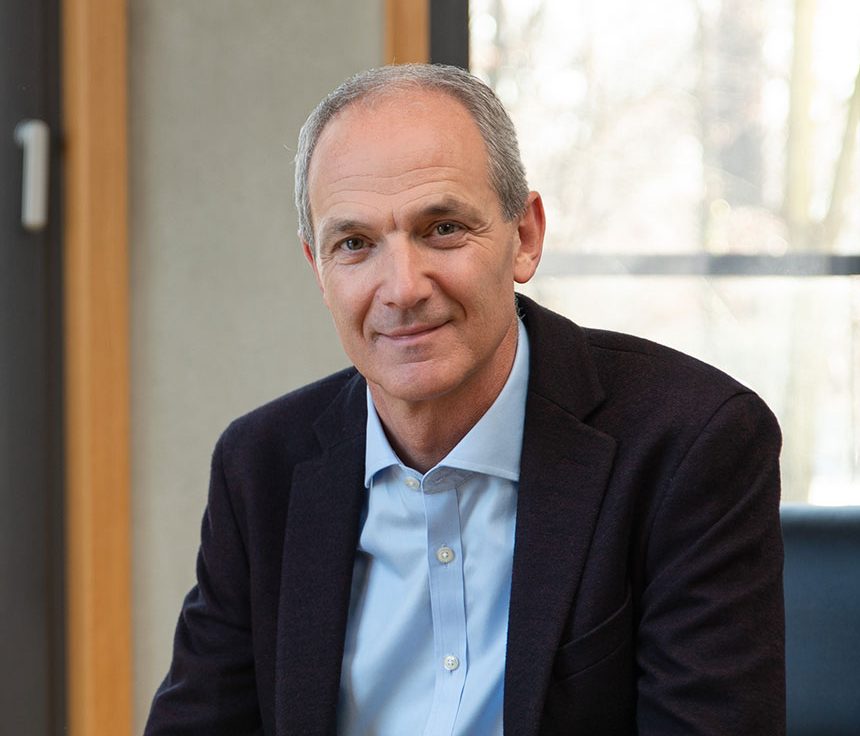
There are many attempts to do this and here is my shot at it after more than 20 years of working with executives from around the world and 30 years of living in a country in which I was not born.
Global Mindset for leaders means: The ability to achieve results with people from different cultures without anyone feeling misunderstood or disrespected.
That sounds quite simple, but it is certainly not easy. In fact, it requires a set of deep insights about oneself and one´s own culture and the openness to enquire into what is the “right way” to do things.
Last year on business trip to Japan, I sat with a table of 20 executives from a global company enjoying a formal and traditional Japanese dinner. Waitresses in beautiful Kimonos were serving drinks. They were asking each person individually what they wanted to drink, then leaving the room to return again with one bottle of beer and one glass and bringing that to their guest at the table. Some European colleagues began to question this (perhaps with pictures of the Oktoberfest in the back of their minds), it was quite a slow process… the guys were thirsty… couldn´t they take two beers at a time or perhaps use a tray? These comments make sense from a European perspective if you value efficiency, but then one of our Japanese hosts kindly explained what was behind this. The hosts wanted us to have the feeling that the service was very individual, each person’s request was being taken care of individually and personally.
How easy it is to judge quickly from a set of values that are inherited unconsciously, simply by living (and particularly growing up) in a country. Acts that seem strange or stupid to us make complete sense if you understand the values that are driving them. This is the kind of deep insight that I mean with Global Mindset: understanding that we all inherit a set of values unconsciously and that these determine the way that we give meaning to our experiences. They also determine the way we give meaning to language and even to silence – in a Japanese business meeting, you have to learn to “read the air” as I was told by a senior Chinese manager who had worked in Japan for many years.
Normally this kind of insight comes when you live and work for a longer period in a different culture, but I also think it can be seeded with the right kind of learning and development measures. In my experience, there are also some basics that are the foundations of diplomacy and intercultural empathy which everyone can practise: being polite, asking questions, listening carefully, and not assuming that people understand things in the same way that you meant them! Again, sounds simple but as most experienced leaders will tell you, not easy in practise!
What do you think, what makes a truly Global Mindset?
And even more challenging from an Organizational Development perspective: How do you encourage or develop a Global Mindset in a company that doesn´t yet have it? What practises or tools have you seen that really make a difference?

